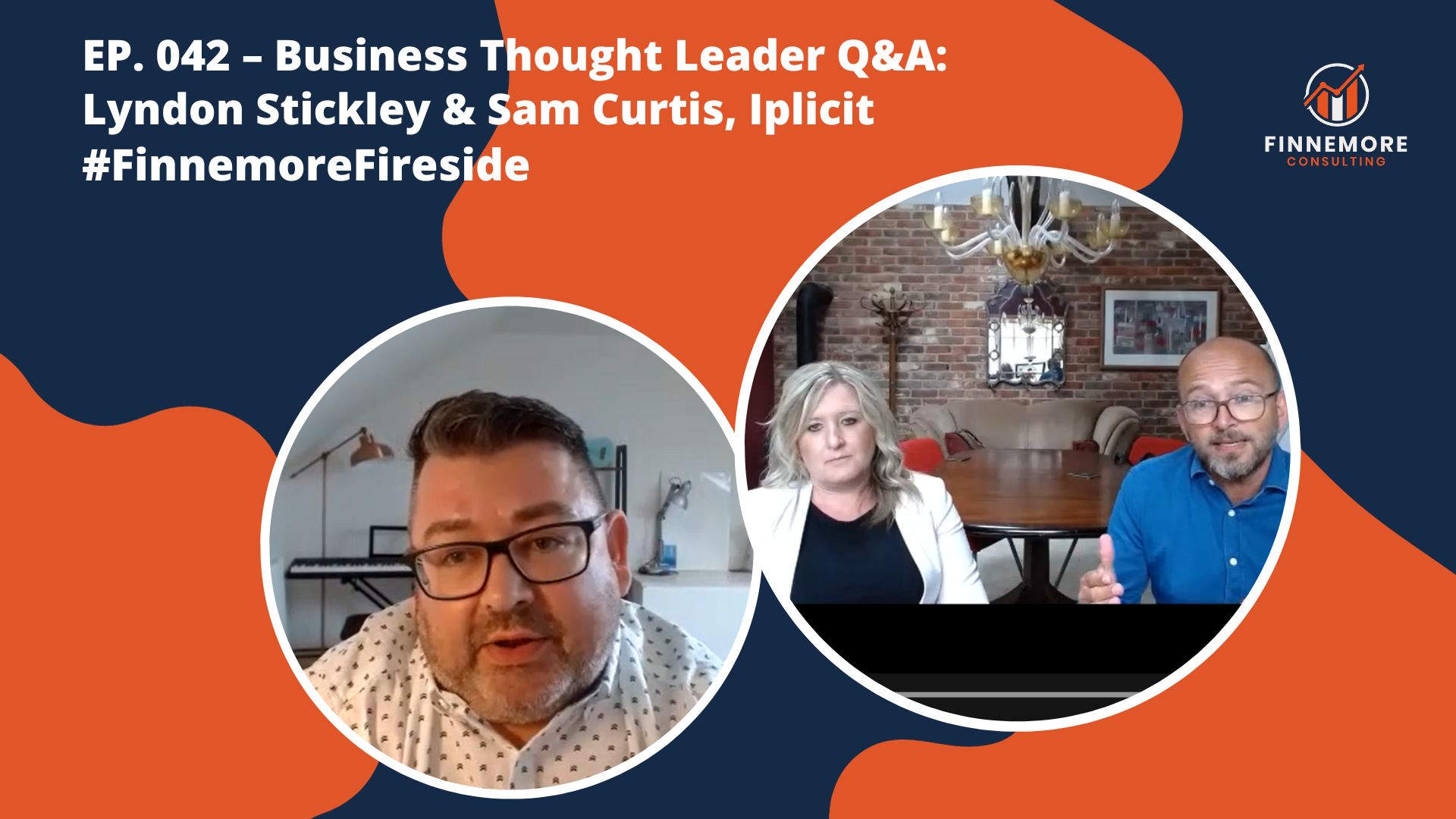Our first #FinnemoreFireside of this academic year is with Lyndon Stickley (CEO) and Sam Curtis (Customer Service Director) from iplicit where they discuss, amongst other things, their company’s growth in the education sector.
iplicit offers a cloud-based finance and management software solution, tailored for frustrated on-premise legacy software users and establishments that have outgrown entry-level software. It’s a really insightful discussion and we cover topics including:
- The importance of change in the education sector, and the need for flexibility and adaptability in finance and management systems.
-
The evolution of MATs and whether they should be expanding on their requirements when going out to tender for a Finance system – or any system – to include areas of their strategy
-
3 pillars of change
- The challenges of moving from on-premise systems to cloud-based solutions and the importance of post-implementation support.
-
How systems need to continue to disrupt, innovate and develop to stay ahead of the game, and how this can be difficult for large or incumbent companies
-
Maintaining partnerships with customers and reducing any friction to ensure the customer has the best experience.
- The significance of listening to the market and customers’ needs for successful change and growth in the education sector.
Enjoy!



